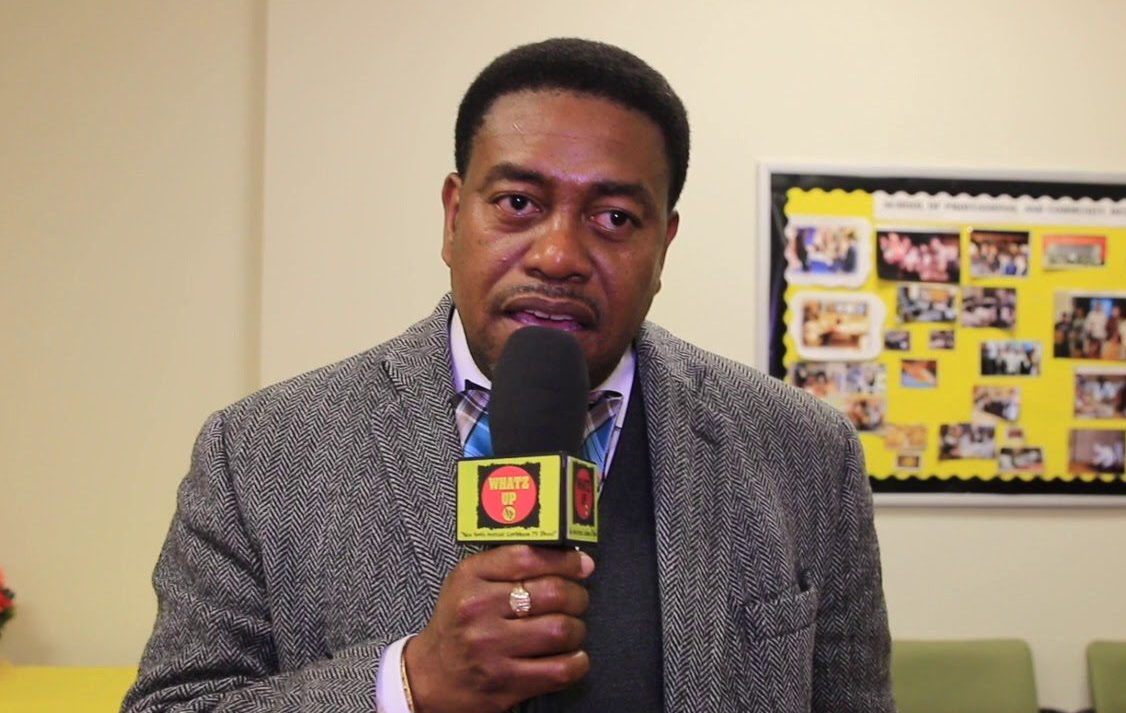By Dr. Terrence Blackman – OilNOW
As Guyana experiences an unprecedented economic boom fueled by the oil and gas industry, industry experts have highlighted the country’s tremendous opportunity to leverage this growth in the technology sector. The recently concluded Transforming Guyana webinar on digitalisation and the emerging Guyanese oil and gas economy featured perspectives from David Lewis, Erika Piirmets, Lance Hinds, Eldon Marks, and Mike Singh. This article outlines critical considerations and recommendations to unlock Guyana’s tech potential while addressing geopolitical realities, talent retention, legislation, digitalisation, and cybersecurity.
According to David Lewis, Guyana is on the cusp of harnessing significant economic growth from the oil and gas boom, particularly in technology. This promising opportunity sets the stage for the country to embrace digital transformation and seize its benefits. Lewis, however, emphasized the need for Guyana to discern the distinctions between linkages with China and the West regarding social and cultural human rights issues. Understanding the Caribbean’s position within the Western context is crucial. Failure to do so, warned Lewis, could lead to severe consequences, including challenges in the cybersecurity sphere.
Drawing inspiration from Estonia’s success, Erika Piirmets highlighted the importance of digital services in minimising entry barriers for businesses. Estonia has saved thousands of years of working time by emphasizing interoperability and digitalising various services. However, Piirmets stressed that the focus should be on improving people’s quality of life rather than simply embracing technology for its own sake.
Lance Hinds underscored the importance of robust legislation, citing the data protection bill as a forward-looking example that aligns with the European Union’s General Data Protection Regulation (GDPR). Hinds emphasized that national planning is vital in ensuring citizens understand the benefits and convenience of digitalisation. Additionally, engaging citizens is crucial to driving widespread adoption.
Eldon Marks expressed concern about losing valuable talent within Guyana’s tech ecosystem. To address this challenge, Marks emphasized the importance of exposure to opportunities beyond the country’s borders. Creating an environment where individuals can learn and apply technologies effectively requires change management, visionary leadership, and oversight. Marks suggested forming a multi-faceted steering body comprising representatives from the public sector, private sector, and civil society to develop an overarching vision for development.
Mike Singh stressed the need for a cohesive industry body to bring global best practices to the forefront, drawing from his wealth of experience and work in International Telecommunications. Singh pointed out the inadequate attention given to cybersecurity in Guyana, emphasizing the urgent need to address this issue. He advised removing Huawei equipment to mitigate the risk of cyberattacks on the oil and gas network, stressing that it is not a matter of “if” but “when.
With the oil and gas boom propelling Guyana’s economic growth, the technology sector presents an essential opportunity for the country’s development. By heeding the insights and recommendations of industry experts like David Lewis, Erika Piirmets, Lance Hinds, Eldon Marks, and Mike Singh, Guyana can navigate the challenges, tap into its tech potential, and pave the way for a digitally empowered Guyanese future.
The Government of Guyana has launched a Digital Master Plan to design and implement digital programs that aid social inclusion and employment. The plan includes free Wi-Fi access, youth innovation campaigns, ICT (information and communication technologies) hubs, smart classrooms, a learning television channel, and an online scholarship academy. Social services platforms, pension and access for seniors, telemedicine services, legal services, flood control, and transport infrastructure systems have all gone digital in the last year. Citizens can now book their river ferry services online for the first time. The government has established an ICT and Innovation Department, a National Youth Advisory Council, and a Satellite Ground Center to enable digital transformation.
Guyana is also developing an e-Governance system and moving government services to digital platforms to address the challenges of delivering services to citizens in rural communities. The strategy is aimed at modernising the organisation of the state ICT infrastructure and creating a better information management system. This strategy will become the basis for government e-services that will benefit every citizen, particularly those living in remote and underserved areas. The Prime Minister of Guyana, Mark Phillips, has overseen the project through a special project management unit, with support and oversight provided by the United Nations Development Programme (UNDP). By implementing country-wide digital governance by the end of the decade, Guyana aims to ensure development, inclusiveness, and quality of life to all citizens around the country.
Embracing digitalization, fostering talent retention, enacting forward-looking legislation, and prioritising cybersecurity are crucial steps toward achieving Guyana’s sought-after thriving technology ecosystem. The nation must seize this moment to position itself as a global player in the technology industry, capitalising on its booming oil and gas economy to drive innovation, economic diversification, and sustainable growth. By continuing to invest in these key areas, Guyana can lay the foundation for a digitally driven future that benefits its citizens and positions the country as a regional and global technology leader.
About the Author
Dr. Terrence Richard Blackman, associate professor of mathematics and a founding member of the Undergraduate Program in Mathematics at Medgar Evers College, is a member of the Guyanese diaspora. He is a former Dr. Martin Luther King Jr. Visiting Professor at MIT and a Visitor to The School of Mathematics at The Institute for Advanced Study. Dr. Blackman has previously served as Chair of the Mathematics Department and Dean of the School of Science, Health, and Technology at Medgar Evers College, where he has worked for almost thirty years. He graduated from Queen’s College, Guyana, Brooklyn College, CUNY, and the City University of New York Graduate School. He is the Founder of the Guyana Business Journal & Magazine.




